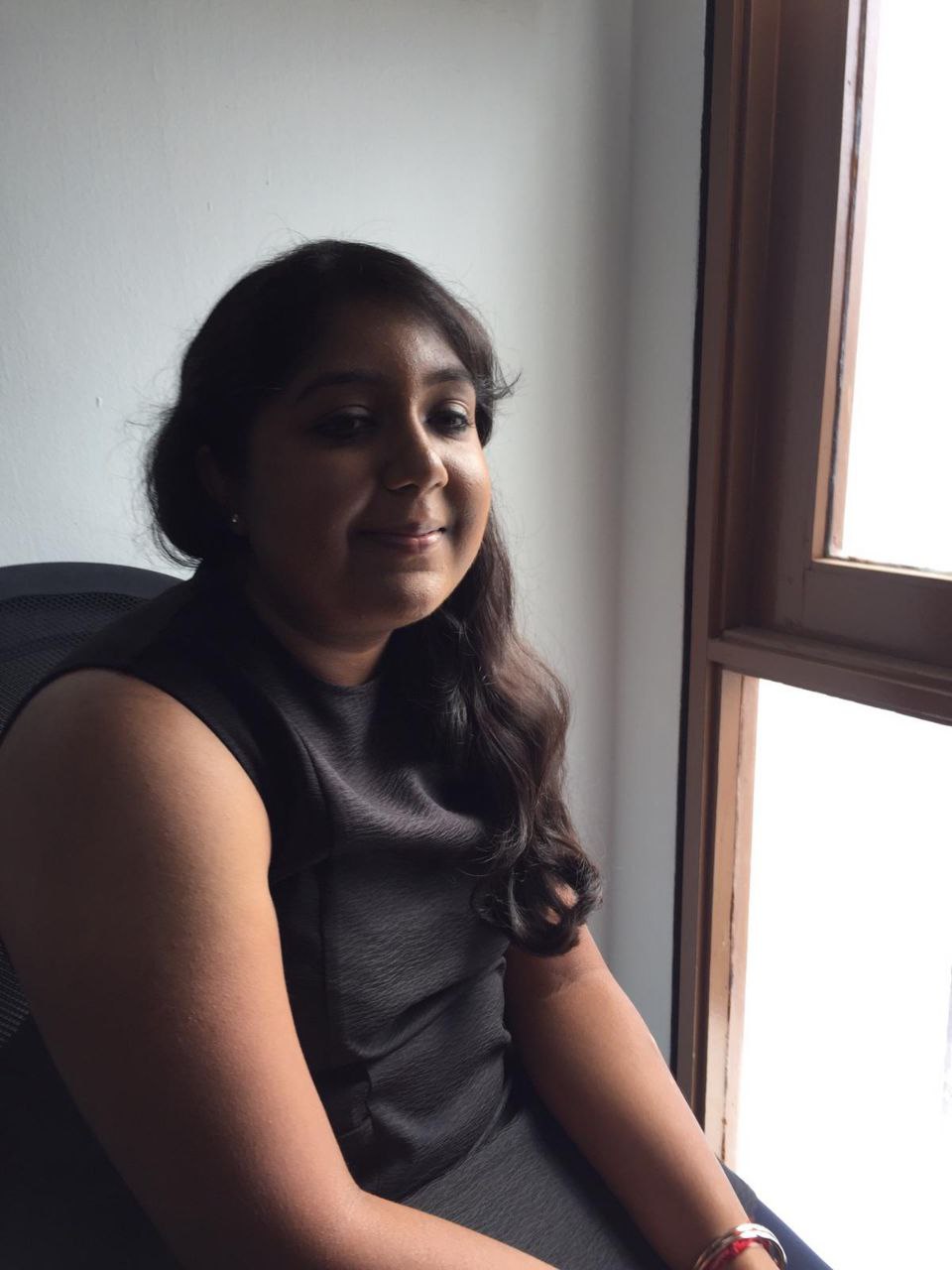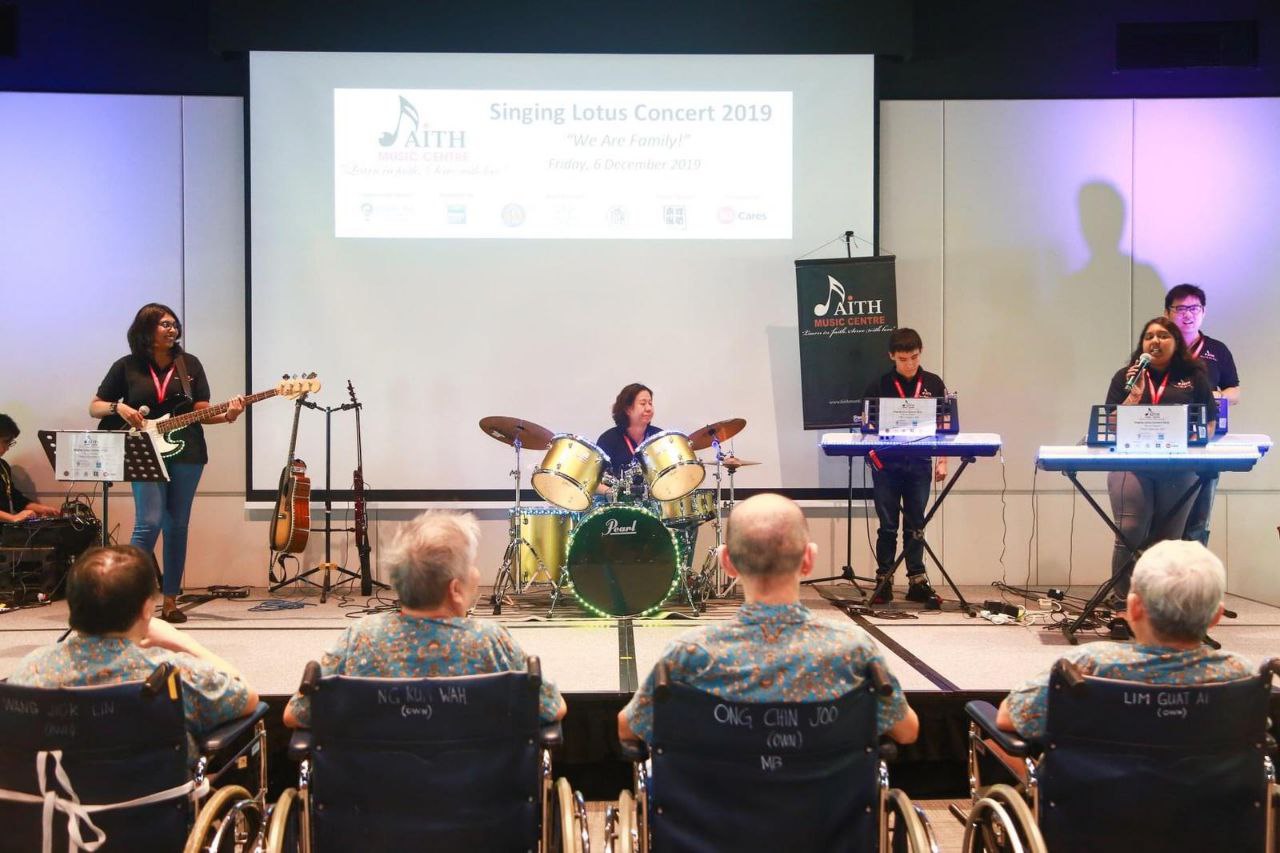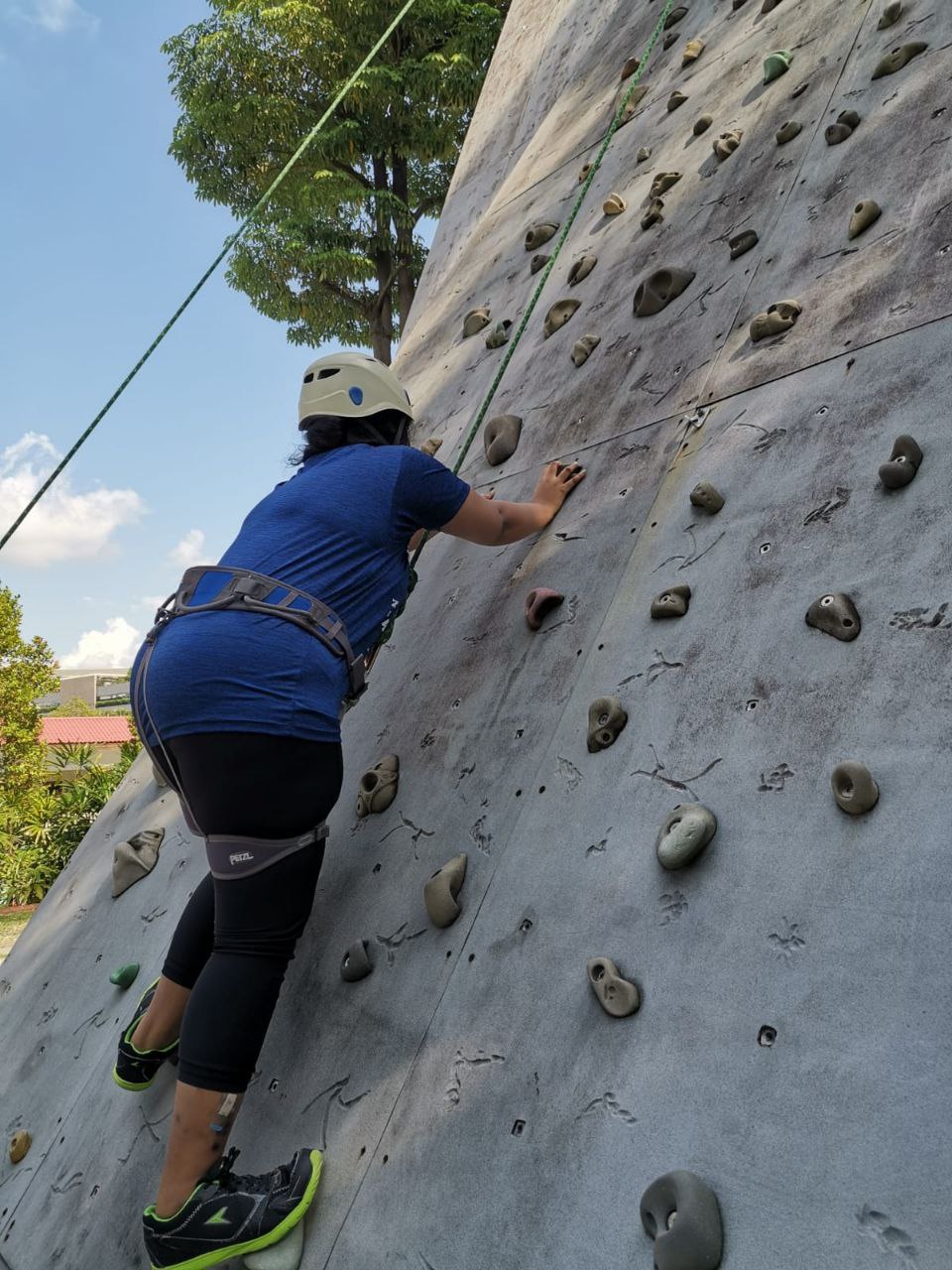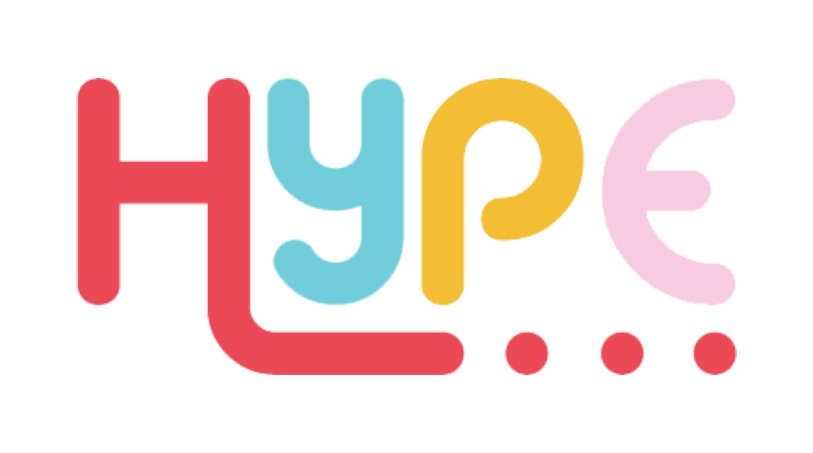Visual Impairment: It’s not the End
Isaiah Chua and Elton Tan discover how 25-year-old Anusha Siva lives her life with visual impairment and what motivates her to keep going in life.
Anusha (first from the right), is the lead for her band. Photo courtesy of Anusha Siva.
BY
Elton Tan
Perspectives Section Editor
Hype Issue #53
Isaiah Chua
Lifestyle Section Editor
Hype Issue #53
Published on
Aug 17, 2021
Anusha Siva isn’t your typical 25 year old. She’s a visually impaired individual that has just started to work as a guide at Dialogue in the Dark this year. They’re an organisation that intend to “raise awareness and facilitate inclusion of all segments in the community, regardless of race, religion and disabilities”, especially for the visually impaired community.

Anusha started working as a guide at Dialogue in the Dark. Photo courtesy of Anusha Siva.
Their programmes include their Signature Tour in the Dark, where participants get to experience what everyday life is like for a visually impaired individual in the form of a tour and Spotlight on the Blind, an online programme intended to “develop empathy and foster inclusion” through videos and interactive activities. All of these activities are impressively and independently spearheaded by the visually impaired guides of Dialogue in the Dark.
Recently, a team of students from Ngee Ann Polytechnic’s Mass Communication collaborated with Dialogue in the Dark to launch a 3-month-long campaign called Beyond my Eyes.
Their aim: to expose the public to the daily struggles of the visually impaired and to educate the public on their role in creating an empathetic and inclusive society.
In hopes to further shed light on these struggles, we sat down and talked to Anusha about her visual impairment, her achievements, her experience working at Dialogue in the Dark so far, and how she copes with the hardships of life while being visually impaired.
How did you lose your eyesight?
I was actually born with this condition called Advanced bilateral with retina dystrophy. When I was young they first diagnosed me with myopia. Because of the nature of my condition,as I get older it (eyesight) deteriorates.
When I was 15, they managed to diagnose me with retinal dystrophy. 10 years ago, that’s when my eyes slowly, gradually started losing my eyesight. Things became a bit more difficult, like using my phone, laptop. Even certain things I wasn’t able to see outside. For instance, the wet floor sign, things are narrower.
In 2016, that’s when my eyesight really deteriorated to 30 to 40 per cent, and it has been stable since. I have managed to read using screen readers and using the white cane. Moreover, I can only see an outline of a person’s face if the lighting is a bit brighter, so if it’s dim and dark, I wouldn’t be able to see anything much.
I have been colorblind since I was young too. So there are certain colors that are very similar, like navy blue and black and I tend to confuse myself. Certain colours, if the lighting is bright, I am still able to appreciate them.
How has your partial blindness changed your point of view on life? Is there anything that has changed since you first discovered that your eyesight was deteriorating?
At that time I was a teenager, so I thought that this was not something very critical at first. I just took it for granted. Just go for the usual appointments and take the HSA (Health Science Authority) medication.
Is the general public understanding of your condition when you’re out and about?
I would say 50-50. There are still and there will be a group of people who will be very nice, and they understand you, but at the same time, there’ll be another group of people who don’t understand.
So I think one thing about visual impairment that has to be raised is about different spectrums. So there is partial blindness, like good partial: people who are partially blind, but they can still see much better. There’s a lot of categories like: good partial, poor partial, and total blindness.
I also do encounter several incidents where people don’t believe that I am blind, because my eyes look normal and they see me using the cane. They’re like wondering: “Oh, what! Is this person blind?”. I do encounter all those a lot.
So how do you deal with those types of situations where people don’t really believe that you’re [partially] blind? So how do you deal with those situations?
Sometimes I get hurt about it but sometimes just like, okay, I just take it lightly. Maybe they don’t understand. But sometimes people will approach and ask, then I can explain the situation. But most of the time people walk past and I hear them talking so it’s like, by the time I want to even do something they’re far away.
You’re now currently working at Dialogue in the Dark. So how has it been?
It’s going great. One thing I like about working here is especially for Spotlight, that particular program, is that I am able to create that awareness about the different spectrums or how vision impaired people do their daily chores.
Like I mentioned before, the awareness about different spectrums is not there and sometimes people think ‘how they use their phone’. A lot of people are not really aware about it. Bringing that awareness gives me satisfaction. My other colleagues and I build awareness about the vision impaired community.
What do you consider to be your proudest achievement?
Being in a band because my hobby is music. When I became partially blind I was worried and scared whether I would be able to play the keyboard again. I learned how to play before I became [partially] blind. Then when I started learning again, Faith Music Center helped to form a band for us. They helped each class to form a band as they will assign us to one class each. And then we did a few performances. I was the lead person for my band. It was a bit stressful for me at that point of time. But after the performance is over, I feel proud.

Anusha (first from the right), is the lead for her band. Photo courtesy of Anusha Siva.
So last time when I could see I didn’t really need to memorize any notes, I just needed to look at a keyboard and I knew which key to press. But now that I’m partially blind, I can’t really rely on my eyesight so I have to feel around. So I use my sense of touch firstly to feel around the keys that I need to press and position my fingers and all, then I rely on my sense of hearing to know whether I am making a mistake.
I also have to memorize the books because I can’t read prints. The screen reader also won’t help because it’s really impractical when I’m performing. It’s a bit more challenging because I need to remember everything and put a lot more hard work in it, compared to like last time I just didn’t have it play on the spot.
If you could have a chance to regain your eyesight, would you take it?
I would. And if I do, I would definitely try to do something back for the visually impaired community. Maybe be a volunteer or even raise awareness.
I would. And if I do, I would definitely try to do something back for the visually impaired community. Maybe be a volunteer or even raise awareness.
Do you have a quote that keeps you going in life?

Anusha doesn’t let her disability define her. Photo courtesy of Anusha Siva.
This quote from Harry Potter and the Chamber of Secrets.
“It’s our choices that show what we truly are, far more than our abilities.”

The point of view of your article has taught me a lot, and I already know how to improve the paper on gate.oi, thank you.
relaxing piano music
gym songs
Thanks for sharing. I read many of your blog posts, cool, your blog is very good.
I don’t think the title of your article matches the content lol. Just kidding, mainly because I had some doubts after reading the article.
Your point of view caught my eye and was very interesting. Thanks. I have a question for you.
Your article helped me a lot, is there any more related content? Thanks!
Thank you for your sharing. I am worried that I lack creative ideas. It is your article that makes me full of hope. Thank you. But, I have a question, can you help me?
Your point of view caught my eye and was very interesting. Thanks. I have a question for you.
Thank you very much for sharing, I learned a lot from your article. Very cool. Thanks.
Your article helped me a lot, is there any more related content? Thanks!